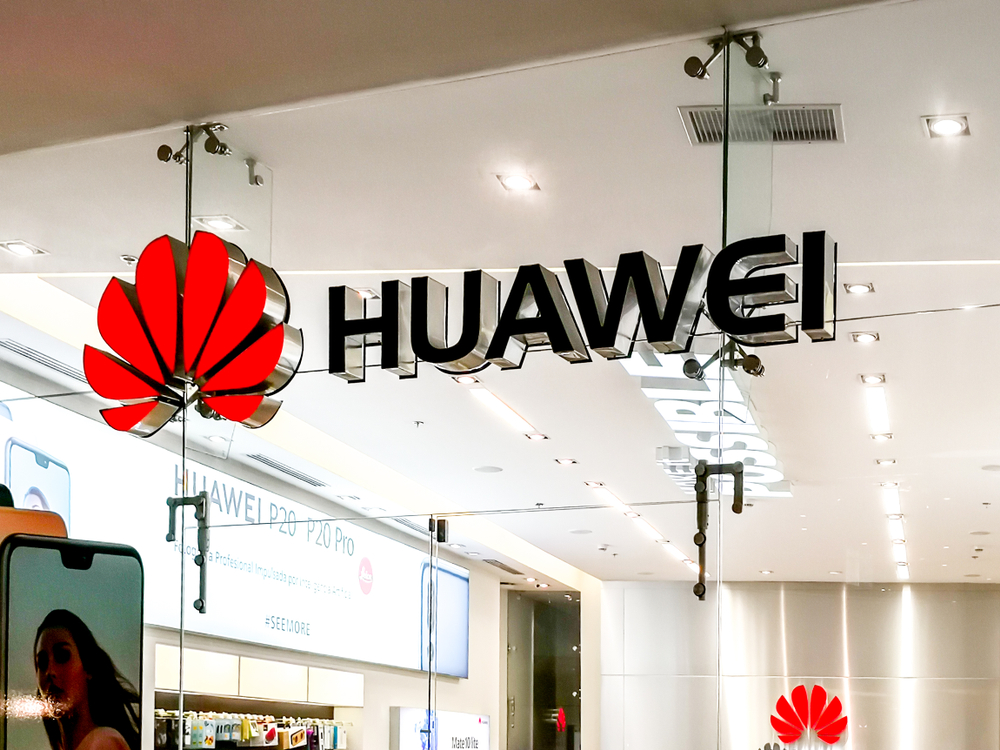It isn’t quite like Churchill’s Iron Curtain speech, but the doors are closing for Huawei in many countries. Security officials and experts who attended the Prague 5G Security Conference issued a document last Friday that could curb the Chinese telecoms giant’s growth.
“The overall risk of influence on a supplier by a third country should be taken into account,” the Prague Proposals read. “Risk assessments of supplier’s products should take into account all relevant factors, including applicable legal environment and other aspects of supplier’s ecosystem,” it adds.
Though the proposal is non-binding and doesn’t name any specific supplier, it was circulated amid a US-led global campaign to curtail Huawei’s rise in 5G deployment. Given that the United States and its allies have accused Huawei of potentially being used by the Chinese government to spy on other countries, the proposal appears to be a thinly veiled attempt to discourage other countries and networks from using Huawei hardware.
Representatives from the Five Eyes nations—Australia, Canada, New Zealand, the United Kingdom, and the United States—as well as France, Germany, Japan, and South Korea are among the signatories of the Prague Proposals.
Huawei said future security principles should be based on “verifiable facts and technical data” rather than where the suppliers are from, its global cybersecurity and privacy officer John Suffolk said in a statement to the Global Times.
Shenzhen-based Huawei was reportedly allowed to participate in non-core parts of the UK’s 5G network by Britain’s National Security Council (NSC). Two days before the publication of the Prague Proposals, UK’s defence secretary Gavin Williamson was sacked after leaking the confidential NSC decision to the press.
The UK’s decision to allow the Chinese tech conglomerate into its 5G market was seen by many as a failure in the United States’ purge of Huawei around the globe.
In a column published in the Sunday Telegraph recently, Liu Xiaoming, China’s ambassador to Britain, wrote that the “last thing the world needs is the introduction of any sort of discriminatory measures toward companies involved in 5G network development.”
“The last thing China expects from a truly open and fair ‘global Britain’ is a playing field that is not level,” Liu added.
